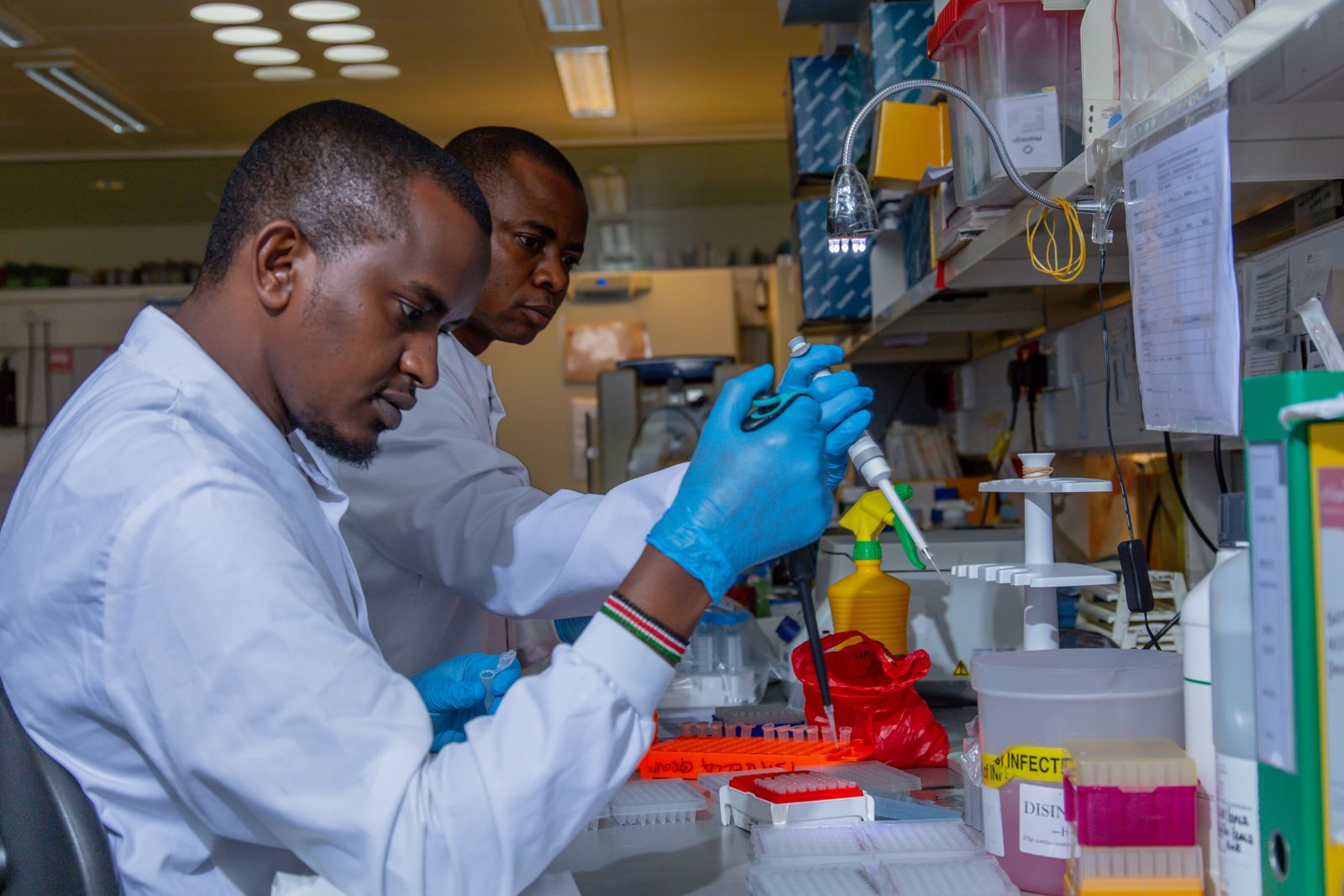
Media Centre
Call for applications to establish networks of epidemic and pandemic sciences research excellence across Africa
Thursday, November 16, 2023

The Pandemic Sciences Institute has joined forces with the Science for Africa Foundation and the Mastercard Foundation to launch a call for applications to establish innovative networks of research excellence in epidemic and pandemic sciences across Africa.
November 16, 2023 - The Pandemic Sciences Institute (PSI) at the University of Oxford, the Science for Africa Foundation (SFA Foundation), and the Mastercard Foundation have released a call for applications to establish networks of epidemic and pandemic sciences research excellence across Africa.
The Epidemic Science Leadership and Innovation Networks (EPSILONs) aim to nurture and promote world-class epidemic and pandemic sciences research and innovation in Africa.
The networks will be led by an outstanding African investigator based at an African research institution and will bring together multiple organizations in a consortium for up to six years. Each consortium will be awarded core funding of up to USD $4 million.
The networks also aim to support a critical mass of experts in all health sectors across the continent to address ongoing health challenges while strengthening capabilities to respond to future and emerging infectious disease threats and support dignified and sustainable science careers across Africa.
Professor Sir Peter Horby, PSI Director and co-chair of the programme steering committee, said:
“At any one time, the African continent experiences 100 or more ongoing infectious disease outbreaks. As Africa experiences demographic and environmental changes, the risks of new outbreaks and novel diseases emerging will intensify. Much can be learnt from the resilience and scientific innovation witnessed in Africa during the COVID-19 pandemic.
The EPSILONs will help support an emerging generation of high-calibre scientists, policymakers, and healthcare leaders in Africa. This new investment in African epidemic and pandemic sciences research will protect and enhance national and regional healthcare systems and help safeguard African economic stability for future generations,” he added.
Alongside the EPSILONs, a substantial programme of research, capacity-strengthening, and policy activities will be led by PSI and SFA Foundation over the next six years.
The initiative, implemented in partnership with the Mastercard Foundation, will include scientific leadership training, international and cross-disciplinary exchanges and fellowships, policy exchanges and engagement, catalyst funding, and professional development activities for research management staff.
Professor Tom Kariuki, SFA Foundation Chief Executive Officer and co-chair of the programme steering committee said:
“Preparing for future epidemic and pandemic threats requires scientific knowledge, policy expertise and robust collaboration. By developing a thriving pandemic sciences sector across the academia, industry, governments and policy organisations, this new initiative will enhance health security and economic prosperity on the continent and leverage African expertise to influence research, preparedness, and response priorities at a global level.”
Key information
The call for preliminary applications opens on November 16, 2023, and will close on January 31, 2024.
While interdisciplinary applications are strongly encouraged, EPSILONs will focus on one or more of the following thematic research areas:
- Vaccinology / early-stage vaccine R&D
- Virology, with a focus on how genetic changes affect key viral behaviours
- Clinical research and clinical trials on epidemic- and pandemic-prone infections
- Epidemic and pandemic public health policy research
- Climate change, biodiversity, and pandemic prevention
- Advanced data assembly and analytics for threat assessment and mitigation
- Social and behavioural sciences



